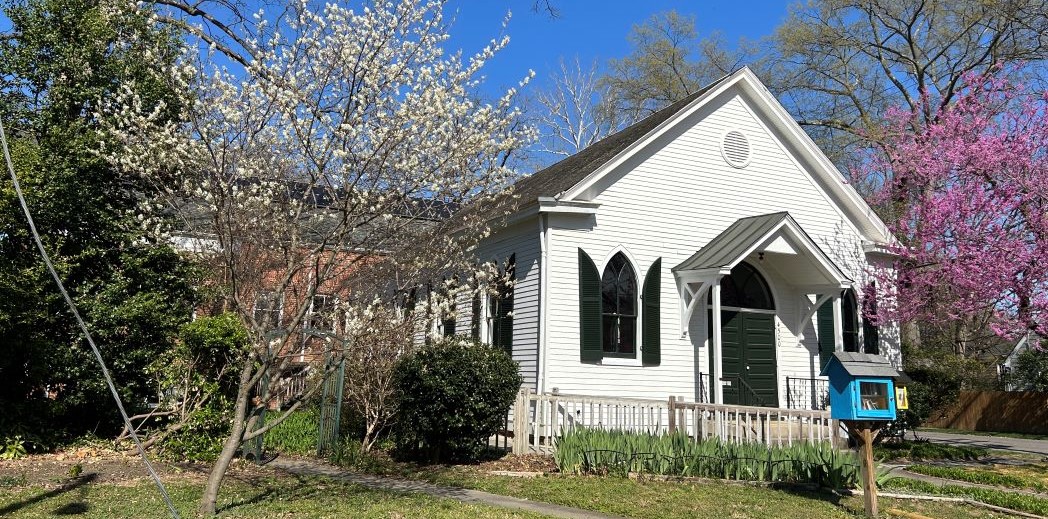Richmond Friends Meeting Solidarity Minute in Response to the Murder of George Floyd
Approved June 21, 2020
Richmond Friends Meeting (Virginia) mourns the death of George Floyd who was killed by a police officer in Minneapolis as he begged for his life. In keeping with our peace tradition, we oppose all violence and support ardent and peaceful protest in response to his death.
The killings of Marcus-David Peters, George Floyd, Ahmaud Arbery, Breonna Taylor and Rayshard Brooks are among many atrocities that have occurred in our country. Over 400 people have been killed by police across the U.S. this year, continuing the trend of about 1,000 police-involved deaths annually since 2015. These deaths fit into a broader pattern of state-sanctioned violence that disproportionally impacts African-Americans, Native Americans, and other people of color.
The insidious nature of racism in America impacts every aspect of our society, including health care, education, employment, wealth, and environmental protection. A current tragic example is disproportionate infection and death by COVID-19 in African-American and Native American communities. The reality of systemic racism calls for legal, structural, social, and cultural change.
As Quakers we are committed to challenging white supremacy in ourselves, our Religious Society of Friends and in society around us. With this as a foundation, we join in the march towards racial justice. We stand in solidarity with victims of racism. We will continue to work actively with others in our community to further racial equality and justice. We call for an end to oppression, whether perpetrated by private citizens or public bodies.
As a community, we endorse the following statement from Baltimore Yearly Meeting of the Religious Society of Friends:
“We Friends are of many skin colors, ethnicities, socio-economic backgrounds, gender identities, sexual orientations, abilities, stages of life, and socially constructed racial identities. We are all seeking the Spirit’s presence in our lives and in our life together. We recognize that some of us have experienced oppression and marginalization in ways that others have not. We aspire to live as members of the blessed community, which is one of liberation, equity, and great diversity across all differences.”
